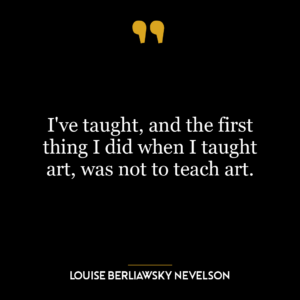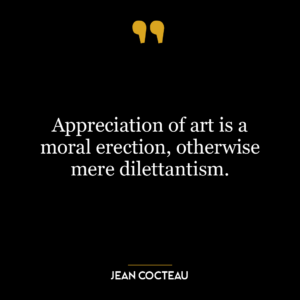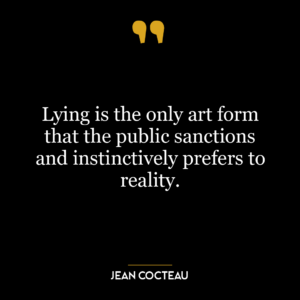This quote suggests that if your moral principles or values are causing you unhappiness or discomfort, then they may not be the right ones for you. Morality, in essence, should lead to a sense of fulfillment and peace, not dreariness or discontent. This is not to say that morals should always make things easy or comfortable, as they often require hard decisions and sacrifices. However, if they consistently lead to a state of unhappiness, it might be worth revisiting and reevaluating them.
This perspective invites us to consider the subjective nature of morality. What might be morally right for one person might not be for another, depending on their personal beliefs, cultural background, life experiences, and so on. There’s a need for individual introspection, self-awareness, and authenticity in establishing and living by one’s morals.
In today’s world, this idea is particularly relevant. Society is becoming more diverse and people are increasingly encouraged to express their individuality. This includes forming and standing by one’s moral principles. However, societal or peer pressure, fear of judgment, or lack of self-understanding can lead people to adopt morals that don’t truly align with their beliefs or values, causing discomfort or unhappiness.
In terms of personal development, the quote encourages self-reflection and introspection. It suggests that personal growth involves not only adopting moral principles but also continuously evaluating them to ensure they align with your evolving beliefs and experiences. It’s about being true to yourself, even if it means challenging or changing your previously held morals. It also emphasizes the importance of mental health and happiness in personal development, suggesting that these are indicators of whether your morals are genuinely right for you.










